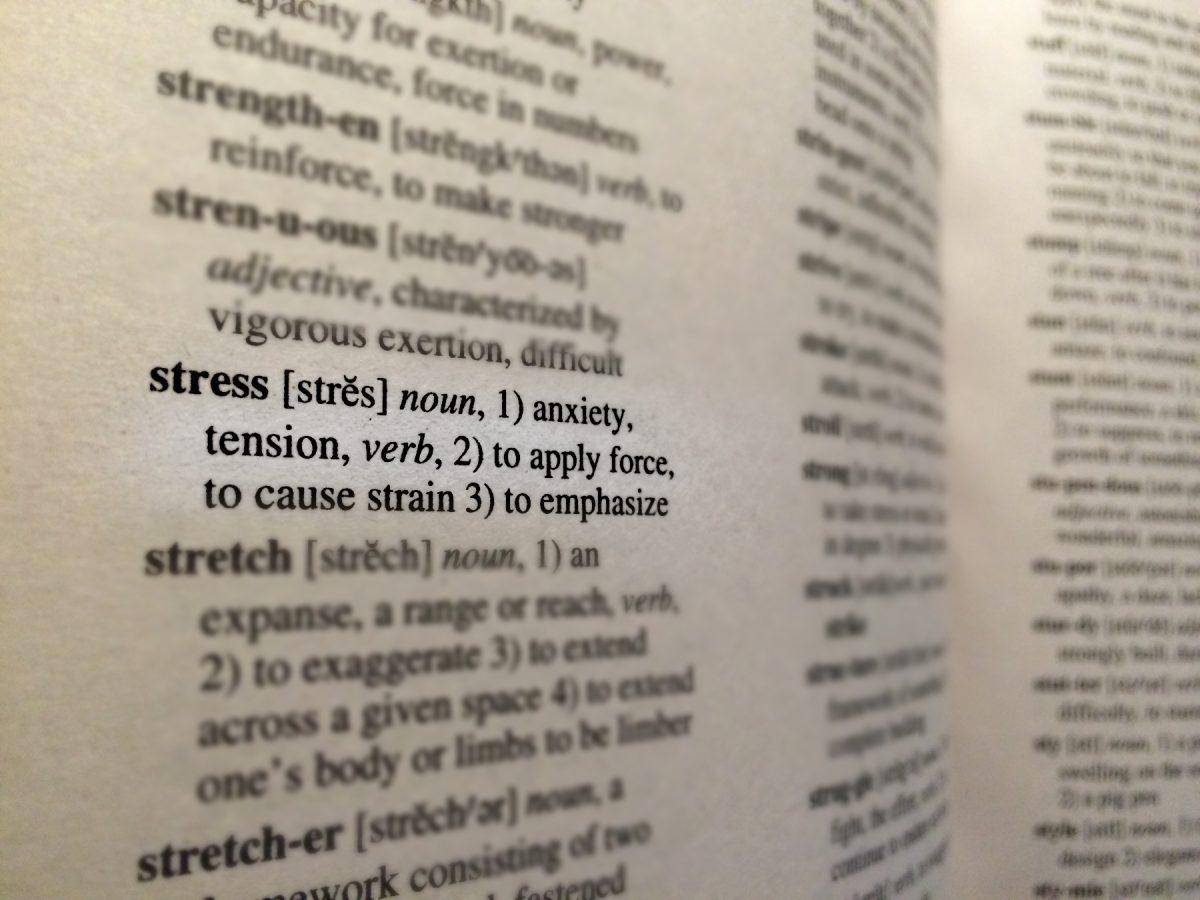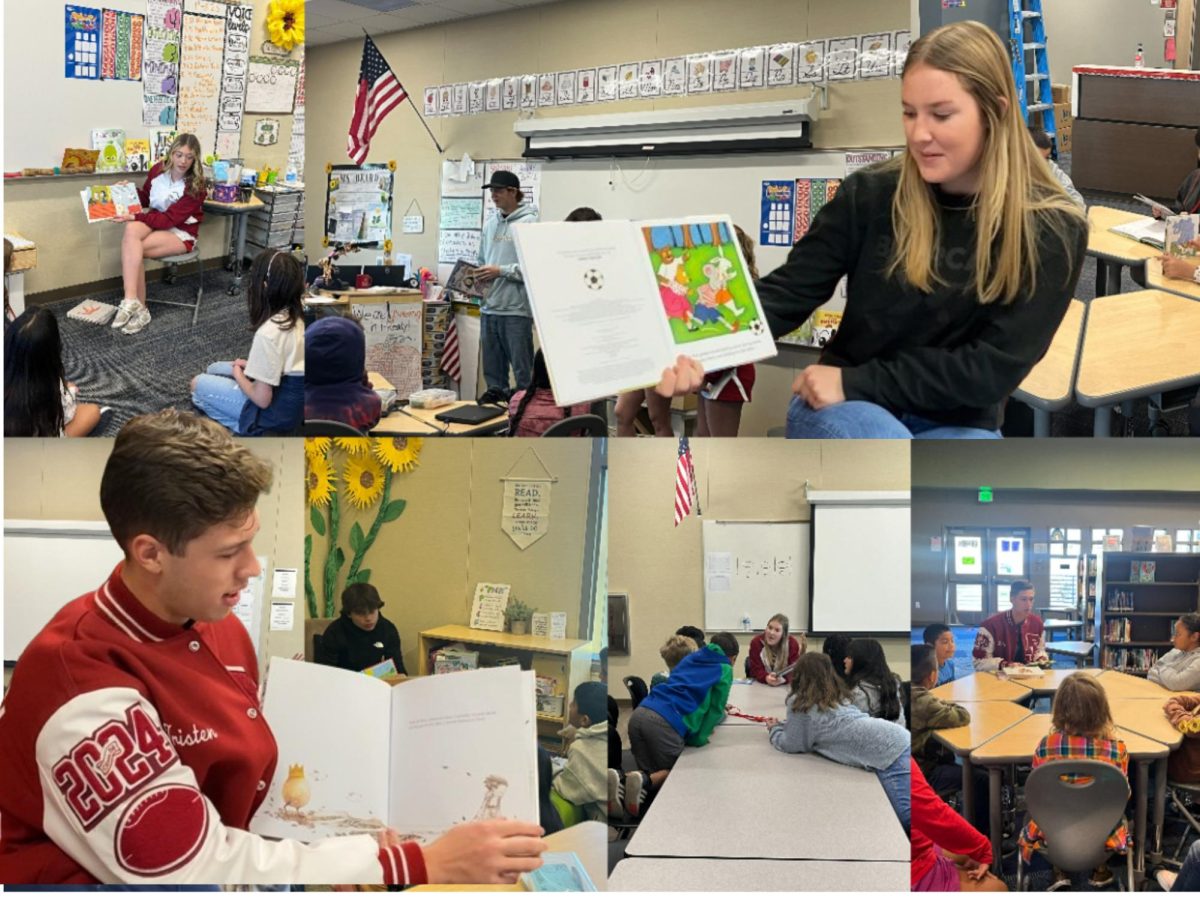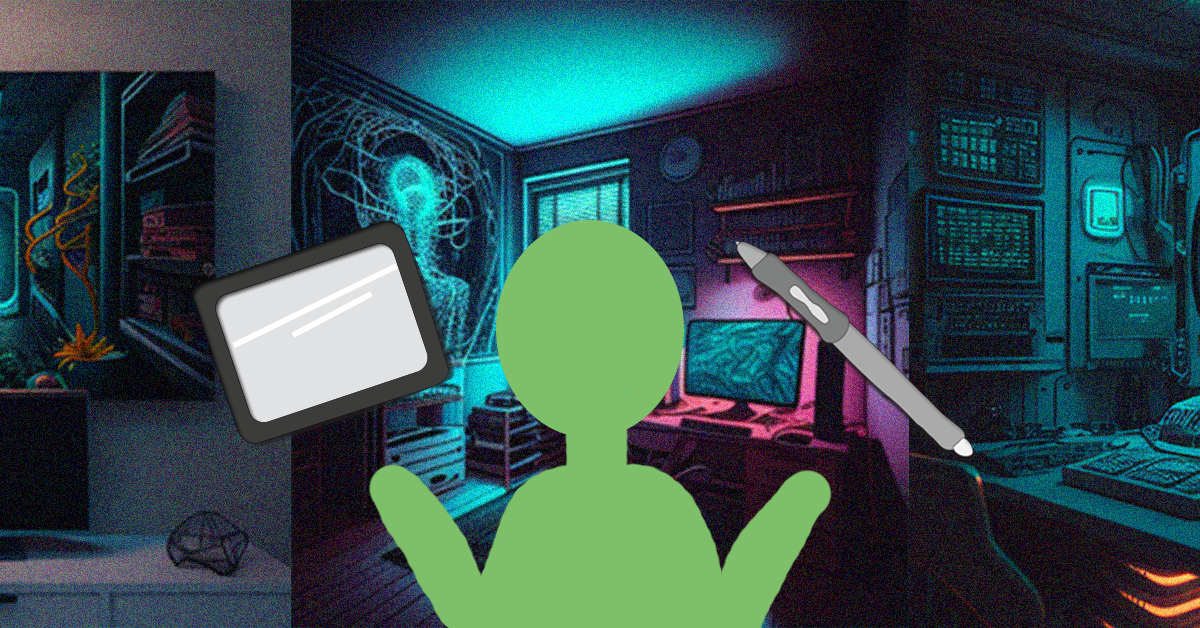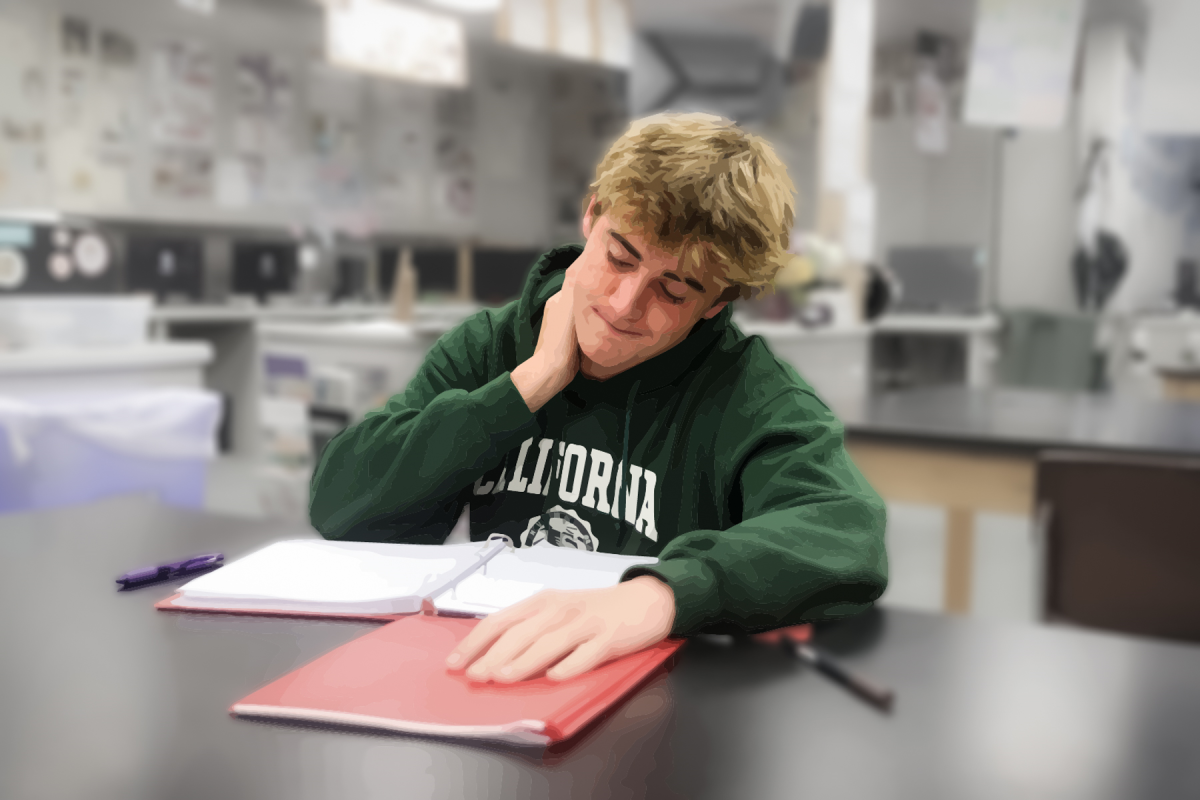As the holidays draw near, we come to find that a little more than our patience is tested.
[dropcap size=big]S[/dropcap]tress, (noun); The body’s involuntary coping mechanism when times get tough; provoked by an array of the unforeseen, the awkward, and the unprepared. And what could be more so than possibly the most dreaded of all times as a student: finals.
So here, in a survey conducted by Crimson staff, we asked our fellow Bearcats if they could share their testing experience as they approached first semester finals of the 2016-2017 school year. Here’s what we found.
When asked what class required the most intensive study and focus, a majority of 38 percent of PRHS students responded that their hardest class had fallen into Mathematics. Trailing this is Science (21), English (17), History (13) and Foreign Language classes (11).
What’s more, when asked how many finals students were presented with this last week, a majority of 58 percent said they were facing five or more finals, while a minority of only 14 percent could expect to take three or fewer finals.
With a steady schedule of six periods, 34 percent of students find themselves enrolled in no Honors or Advanced Placement classes. Twenty-six percent have one, 20 percent have two, 14 percent have three, and five percent tackle four or more. Ironically, those enrolled in Honors/AP courses tend to have fewer finals than students without any, as evident from the survey.
Overall, the average difficulty rating of finals ranging from 1 at ‘easy breezy’ and 5 at ‘well, the last 3 answers were C so this one can’t be C’, students gave an estimated 3.5/5. Luckily, over 87 percent of survey participants maintained that they had at least 1-5 hours of study preparation under their belt. The average rating for what students consider to be their ‘stress level’ received similarly a 3.6/5.
Given that finals in the form of tests and essays often represent a large portion of one’s class grade, we were curious to see what grade our campus finds acceptable, or at least tolerable, on a final. At 64 percent, receiving a C was most prevalent as what Bearcats find suitable, with a B (23), a D (9) and an A (3) behind it.
Most reluctantly admit, studying is an illusive and demanding task, especially with extracurricular activities, sports, and let’s face it, Netflix. From this, we asked our students to tell us one piece of advice they wish they could go back and inform their past selves about. In doing this, over 50 percent of students said they wished they had studied earlier on. Another 24 percent wished they had turned in homework consistently and had better time management, and some 14 percent divulged to trying not to stress so much. Lastly, 5 percent said they wished they had gotten more sleep, and who can blame them?
From December 22 to January 8, this break could mean marvelous things. For a quarter of participants, this hiatus means time better spent with friends and family. To 28 percent, they plan for Christmas to be the highlight of their winter break. And, as for 34 percent of responses, the absence of exams and school itself are altogether the selling point.
So to all those who may or may not have received their impeccable report card, to those who stayed up all night just to get a B- on an assignment, and to those who use simply way too many glitter gel pens on flash cards because it really does help them learn: you just find your own pace, and improve with that. Once we compare our intellect to that of our peers or of that represented by a percentage, it is far too easy to look down on our individual progress. Grades should only be as impactful as we allow them to be on our lives, anyway.
To a certain extent, the report or essay or project grade we clench onto with our fidgeting hands is no more worthy of our stress than the family reunions or gift exchanges that ensue after our finals stress-fests finish. As long as we all try, even just a little, isn’t that as good a start as any?






